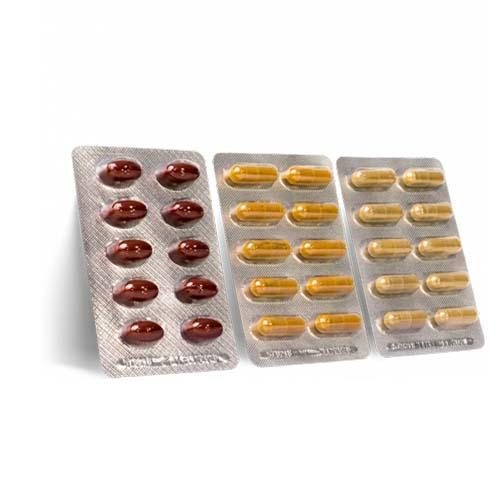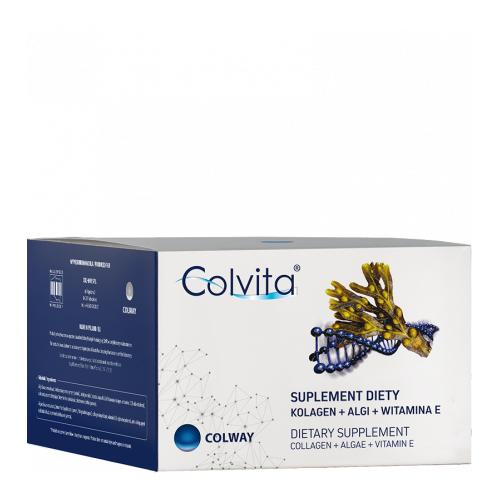The test for eggs and parasites is a medical procedure that allows detecting the presence of parasites and their eggs in the feces. Parasites are tiny organisms that feed on other organisms and can cause diseases in the digestive system. This test is especially relevant in areas with poor healthcare systems, but may be needed elsewhere as well, as millions of people around the world become infected with intestinal parasites each year.
Intestinal parasites are tiny plants or animals that live in the digestive tract and obtain nutrients from their hosts. They are primarily transmitted through consumption of contaminated food or water, contact with infected surfaces, and lack of proper hygiene. Some common parasites include Giardia and Cryptosporidium.
Symptoms of a possible intestinal parasitic infection:
-
persistent diarrhea
-
Abdominal pain
-
Presence of blood or mucus in the stool
-
nausea and vomiting
-
excessive gases
-
Fever
-
unexplained weight loss
Reasons to perform an ova and parasite test:
If you are experiencing the symptoms listed above and are at higher risk of complications due to your age, pre-existing conditions, or medications that weaken the immune system, you may be advised to have the test. In addition, the test is also used to check the effectiveness of treatment if a parasitic infection has already been diagnosed.
Preparation for the test:
No special preparation is required for the ova and parasites test. However, it is important to follow the specific instructions provided by your doctor or healthcare professional to properly collect the stool sample. This may include wearing protective gloves, collecting feces in a special container, and avoiding contamination with urine or toilet paper.
The stool sample collection process may vary depending on the specific instructions provided by your doctor or healthcare professional. Some general recommendations include:
- Wear rubber or latex gloves during the process.
- Collect the feces in the special container provided, avoiding contamination with urine or other materials.
- In case of diarrhea, you can use a large plastic bag attached to the toilet seat to facilitate collection.
- Label and seal the container properly.
- Deliver the sample as soon as possible to the doctor or health professional.
Results analysis:
A negative result indicates that no parasites were found in the sample tested. This may mean that you do not have a parasite infection or that the parasites present were not detected due to their rarity. In case of persistent symptoms or doubts, the test may be repeated or additional tests may be performed for a more accurate diagnosis.
A positive result confirms the presence of an intestinal parasitic infection. In addition, the results will provide information on the type and number of parasites present. Treatment for a parasitic infection usually includes medications to kill parasites and relieve symptoms, as well as maintaining adequate hydration.
Preventive measures to avoid intestinal parasitic infections:
There are actions you can take to reduce your risk of contracting an intestinal parasitic infection, such as:
- Always wash your hands thoroughly after using the bathroom, changing diapers, or handling food.
- Avoid drinking water from unsafe sources, such as lakes, streams, or rivers, unless it has been properly treated.
- When camping or traveling to areas where the water supply may be questionable, avoid consuming tap water, ice, and raw foods washed in tap water. Opt for bottled water or boil the water for one to three minutes before drinking it.
- Maintain proper hygiene when handling food, making sure it is well cooked and properly stored.
- In daycare settings, ensure proper hygiene practices are followed to prevent the spread of parasites among children.
Conclusion:
The ova and parasite test is a procedure used to detect intestinal parasitic infections. It provides crucial information for the diagnosis and treatment of these infections. If you have persistent symptoms or have risk factors, it's important to see your doctor to determine if testing is necessary. Adopting preventive measures and maintaining good personal hygiene are essential to reduce the risk of intestinal parasitic infections.








































































































































